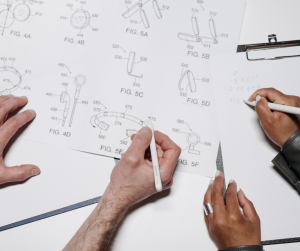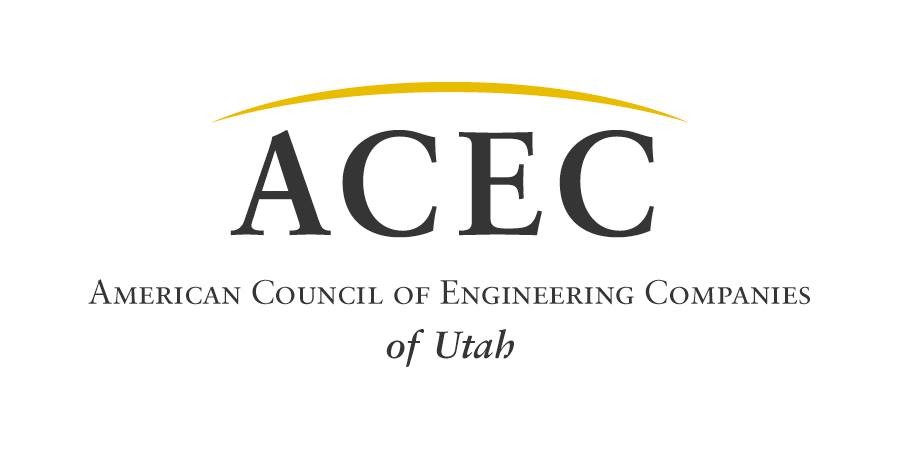How Engineering Shapes Our Everyday Lives
 We often talk about engineering in big-picture terms—roads, bridges, infrastructure—but the truth is, the impact of engineering shows up in countless ways, every single day. The decisions made by engineering professionals, particularly those in consulting roles, shape the world we move through, often without recognition.
We often talk about engineering in big-picture terms—roads, bridges, infrastructure—but the truth is, the impact of engineering shows up in countless ways, every single day. The decisions made by engineering professionals, particularly those in consulting roles, shape the world we move through, often without recognition.
Your daily routine, engineered
Start with your morning commute. The timing of a traffic light, the slope of a curb, the location of a crosswalk, the stormwater drain on the corner—all of these were designed and implemented with the help of civil engineers. Behind each of those decisions is a team of professionals balancing safety, cost, environmental impact, and long-term maintenance.
The neighborhoods we live in
Take a simple walk through your neighborhood. If there’s a park nearby, engineers were involved in everything from soil stabilization to irrigation planning to ADA compliance. If your subdivision doesn’t flood during a heavy rainstorm, that’s not luck—it’s stormwater engineering. If your tap water is clean and your sewage disappears without issue, that’s utility engineering in action.
Places you visit without thinking twice
The grocery store you stop at after work? Engineers helped with the site plan, ensured the building met zoning codes, designed efficient traffic flow in the parking lot, and even evaluated the environmental impact of runoff. Engineers don’t just build things—they solve complex logistical challenges behind the scenes to make sure your daily experiences are safe, reliable, and efficient.
Solving modern infrastructure challenges
We also see the practical impacts of engineering in places we might not expect. Consider broadband access in rural areas, or power grid resilience during a heatwave. As our communities face evolving challenges—like growth, climate extremes, and aging infrastructure—engineers are tasked with innovating solutions that keep systems running and people connected.
The future of Utah starts with smart design
This is especially true in Utah. As one of the fastest-growing states in the country, we are balancing the demands of expansion with the responsibility to build smarter. Engineers are at the center of that balance, making decisions that not only meet today’s needs but anticipate tomorrow’s challenges. That requires a deep understanding of regulations, a commitment to public welfare, and often, a lot of creative problem-solving.
Engineering with purpose
The reality is, engineering is not just about structures—it’s about systems. It’s not just design—it’s decision-making. And it’s not just technical—it’s practical.
Why the work matters
The work engineering firms do touches nearly every part of daily life in ways most people never stop to consider. But we do. As professionals in a heavily regulated industry, we have a responsibility to keep communities safe, sustainable, and forward-thinking. We advocate for smart policies and provide training to ensure that engineering leaders across the state are equipped to make those practical impacts count.
Engineering doesn’t just build the world—it improves how we live in it. Every day. And in every detail.






